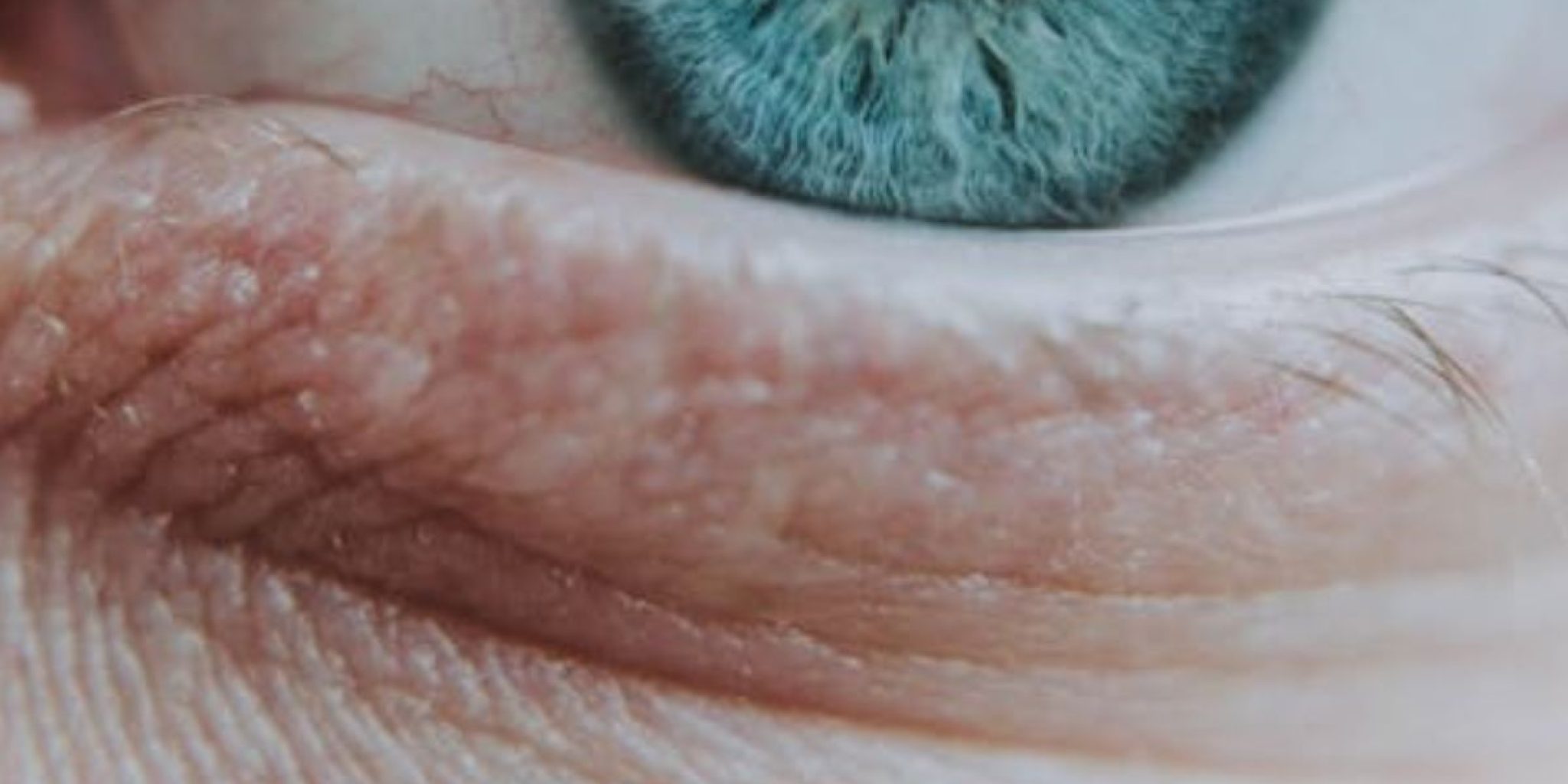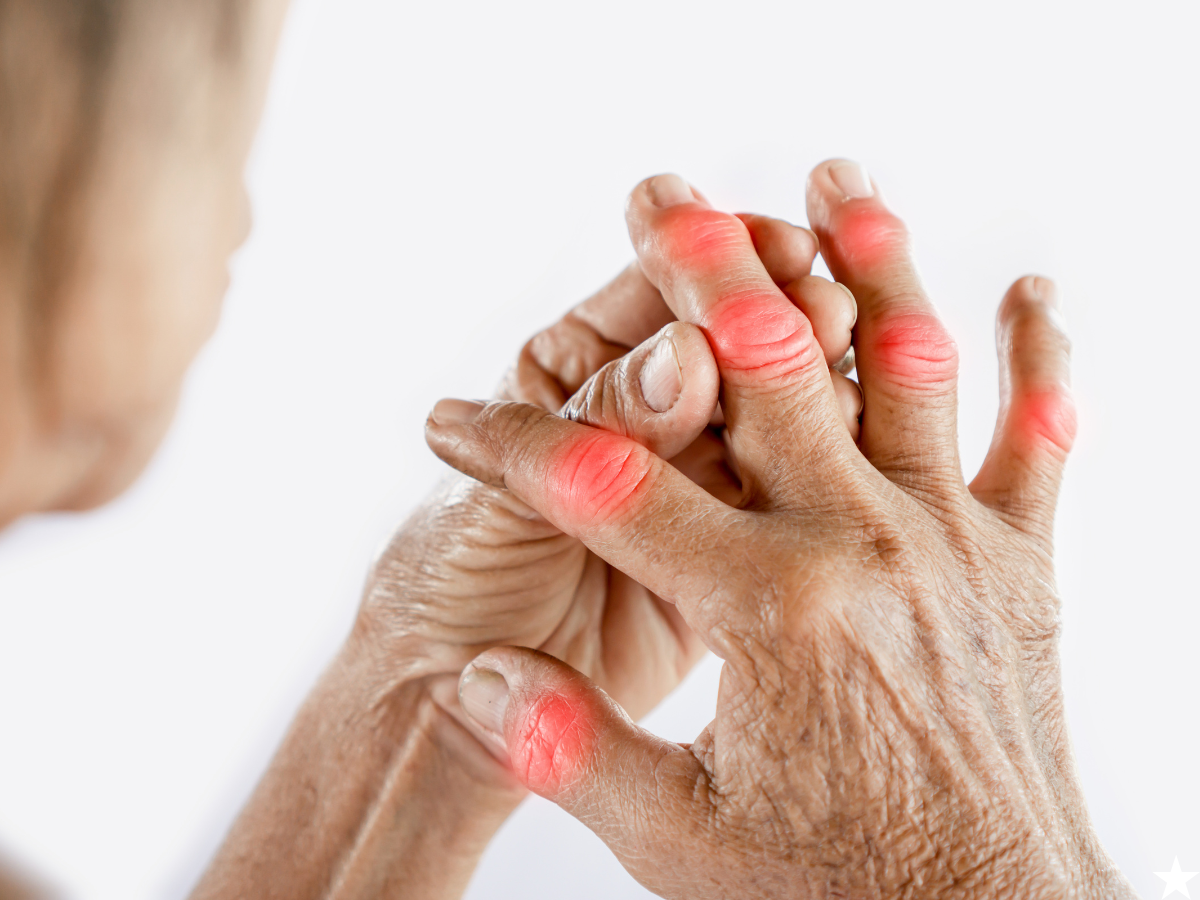The natural mechanisms that maintain our skin’s firmness and elasticity decrease age. Fine lines, wrinkles, and sagging are caused by reduced collagen production, a weakening of elastin fibers, and a slowdown in skin turnover. Though all these may be typical signs of aging, various countermeasures could be taken against it in the present marketplace through skincare products. Some breakthroughs include anti-wrinkle peptides – a potent substance that could help restore firmness and elasticity in the skin.
These are short chains of amino acids that constitute proteins. In the context of skincare, peptides can be absorbed by the skin to trigger the production of necessary proteins such as collagen and elastin. Once you grasp how peptides work, you will much better understand how they affect tighter, more elastic skin.
What Are Anti-Wrinkle Peptides?
Anti-wrinkle peptides are specific peptides designed to control wrinkles and sagging skin. They are said to signal the skin to produce more hyaluronic acid, collagen, and elastin, all of which need to stay firm, youthful, and supple. Anti-wrinkle peptides target all these for smooth reestablishment.
Two proteins provide skin elasticity and shape. Elastic and collagen are two proteins essential to giving skin its characteristics of stiffness, firmness, and ability to stretch and bounce back into place. These proteins are produced less naturally as we age; thus, the skin continues to lose the resiliency of the younger ones.
Peptides may send a “message” to skin cells and, as a result, increase the synthesis of these proteins to adequately compensate for the loss in firmness and elasticity.
How Are Anti-Wrinkle Peptides Operational?
Anti-wrinkle skincare peptides enhance skin firmness and elasticity by the following mechanisms:
● Enhancing Collagen Synthesis
Collagen is the protein that makes up the most significant part of the human body’s skin. Consequently, it plays a significant role in providing strength and framework to the skin. Our body’s production of collagen molecules decreases with age, bringing about wrinkles and ‘droopy’ skin. Anti-wrinkle peptides tell the skin to produce more collagen to enhance the firmness of the skin and reduce minor wrinkles; these peptides stimulate the fibroblasts, the cells that manufacture collagen, to make more.
● Increasing the Production of Elastin
Elastin is another essential protein behind skin stretchiness and regeneration. The skin’s elastin fibers’ strength decreases as we age, causing sagging. Agents that enhance elastin production, like DPP skincare peptides, are also aimed at increasing skin softness. These peptides can help the skin retain its youthful appearance by encouraging the regeneration of elastin fibers, which will improve the skin’s tone and firmness.
● Increasing Hydration of the Skin
Specific peptides, including hyaluronic acid peptides, help to make the skin more hydrated. Hydrating acid retains moisture in the skin, thus giving it a moist and plumped look. The level of hydration is significant in terms of having the skin look smooth and firm. With dryness, the appearance would be lifeless and lined. The peptides promoting hydration, which encourage hyaluronic acid production, will enhance your ability to retain moisture in your skin, making it less wrinkly and more elastic.
● Improving Skin Strength and Reconstruction
The weakening of the skin barrier may lead to fine wrinkles, inflammation, and moisture loss. Anti-wrinkle peptides maintain the strength and integrity of the skin’s natural barrier while keeping it in place by retaining moisture. Peptides like palmitoyl tripeptide-1 may prevent TEWL and keep the skin elastic, tight, and healthy by repairing damage to the skin’s barrier function.
● Induction of Skin Regeneration
Some of the peptides like DPP skincare peptides accelerate the turnover process of the skin cells, which in turn aids skin regeneration. This can be considered the process where new, young cells replace the dying, older ones. Removing dead cells in stock is faster and helps the skin appear smoother and more youthful because it eliminates the sag and dullness caused by such cells. Such peptides have been proven to assist skin renewal and repair while keeping the skin soft and supple.
Different Anti-Wrinkle Peptide Types and Their Advantages
● Palmitoyl Pentapeptide-4 (Matrixyl)
Matrix is one of the most studied and successful peptides for increasing collagen production. Matrixyl stimulates fibroblasts to make more collagen, resulting in smoother, firmer skin. It has been demonstrated to dramatically lessen the visibility of wrinkles and fine lines.
● Acetyl Hexapeptide-8 (Argireline)
Because it helps relax face muscles, Argireline is frequently called a “botox-like” peptide. This helps to minimize the creation of expression lines. Additionally, this peptide is well known for increasing elastin production, increasing skin suppleness, and giving the appearance of firmer skin.
● Copper Peptides
Copper peptides are well known for their capacity to support skin healing and regeneration. They aid in the reversal of skin aging by promoting the production of collagen and elastin. Another well-known characteristic of copper peptides is their antioxidant qualities, which shield the skin from oxidative stress.
● Palmitoyl Tripeptide-1
This skincare peptide helps stop moisture loss and defends against outside aggressors by strengthening the skin’s natural barrier. Firmness and elasticity are influenced by the skin’s resilience and hydration, which are maintained by strengthening the barrier.
● Oligopeptide-1 (EGF)
Peptides called epidermal growth factor (EGF) encourage the development of new skin cells, which aids in the healing of damaged skin and enhances its general suppleness and smoothness. These peptides are beneficial for treating thinned or sagging skin since they promote the skin’s natural healing mechanism.
Conclusion
An effective skincare treatment for preventing wrinkles is anti-wrinkle peptides. They increase skin hydration, encourage cell regeneration, and stimulate the creation of collagen and elastin, all of which restore firmness, elasticity, and a more youthful appearance. Peptides help to promote skin health overall, smooth out fine wrinkles, and improve skin texture. They are appropriate for all skin types and susceptible skin because of their mild yet efficient nature. You may get firmer, more elastic skin by knowing how peptides work and selecting the appropriate products. AHB Labs provides cutting-edge solutions for premium peptide-based products to combat skin aging and encourage a youthful, healthy complexion.





